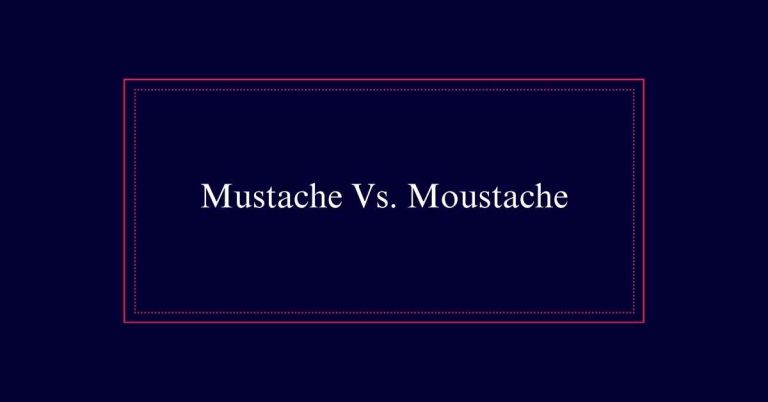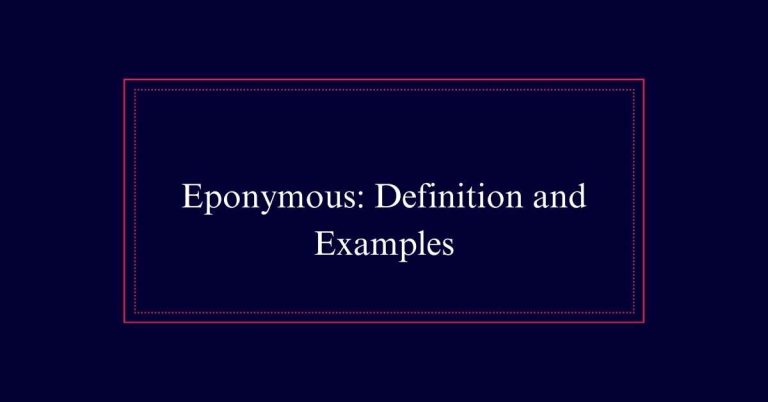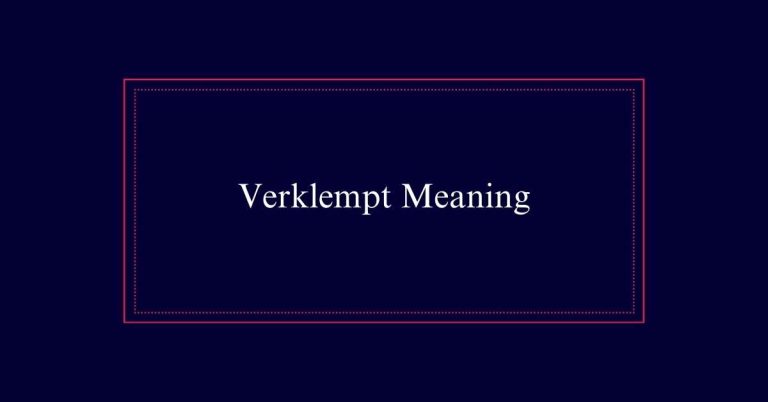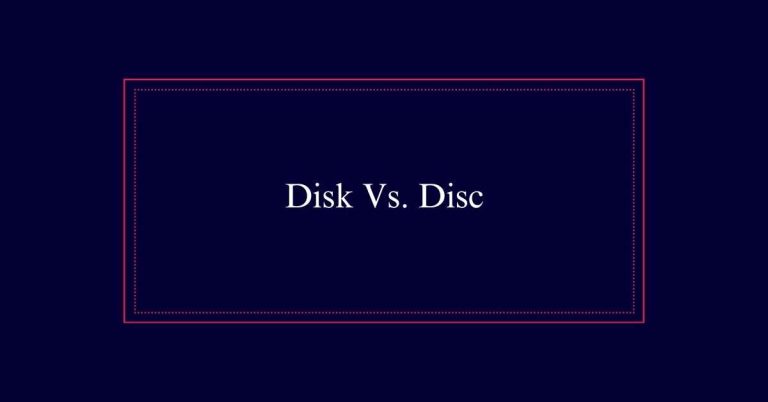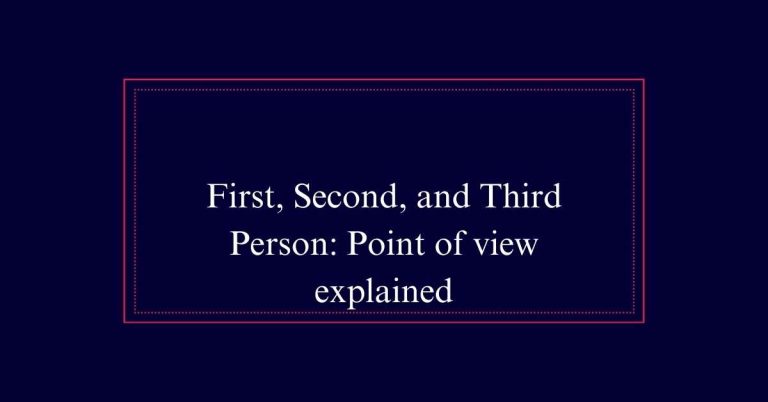7 Weird, Rare Words, Illustrated
Discover seven peculiar words that add charm to your vocabulary. ‘Wabbit’ expresses deep, Scottish weariness. ‘Blatherskite’ labels someone who talks nonsense. ‘Moonrakers’ signifies clever Wiltshire smugglers. ‘Spaghettification’ describes intense gravitational stretching near black holes. ‘Barmecide’ depicts illusory disappointments from an Arabic tale. Explore ‘nagware,’ software that persistently prompts users to purchase the full version. Finally, ‘triskaidekaphobia’ is the fear of the number 13.
Wabbit
‘Wabbit,’ an adjective from Scottish English, describes a state of being weary or exhausted. It captures the feeling of being drained or worn out after strenuous activity.
Imagine Elmer Fudd after a long chase of Bugs Bunny—completely spent and out of breath. This term is commonly used in Scottish dialect to describe someone who is physically or mentally fatigued.
Despite its similarity in sound, ‘wabbit’ is not related to the Looney Tunes character. It is a vivid, expressive word that perfectly conveys the sense of deep tiredness.
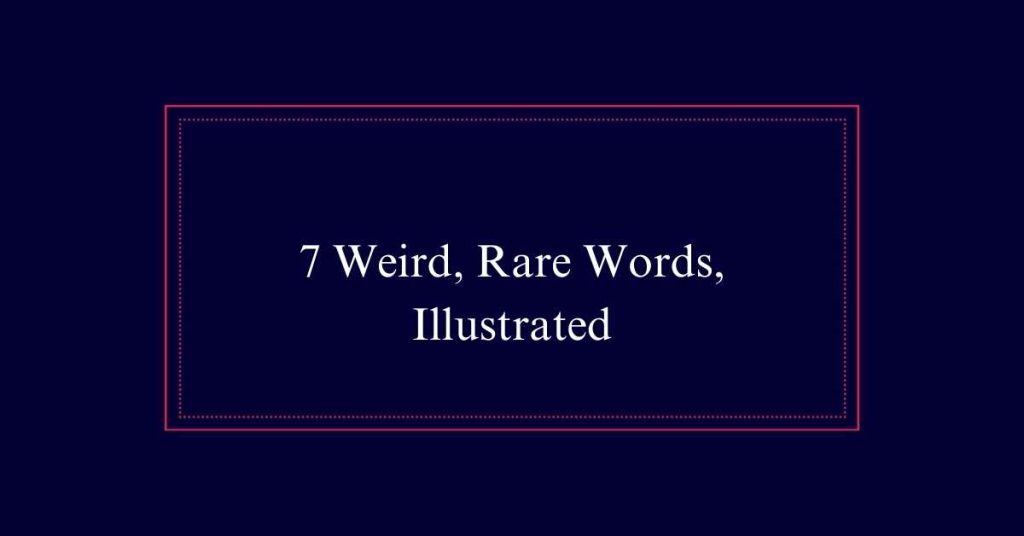
Blatherskite
After feeling utterly wabbit from a long day, one might encounter a blatherskite who incessantly prattles about nonsensical matters. The term ‘blatherskite’ is a playful insult for someone who talks excessively without making sense. It originates from Scottish and Northern English dialects.
Imagine someone who fills conversations with endless, meaningless chatter. This word captures that perfectly.
Blatherskites can be amusing in small doses but exhausting when you’re already tired. The word is often used in light-hearted banter, making it perfect for teasing friends. While it may sound harsh, it’s generally meant in good humor.
Moonrakers
The term ‘moonrakers’ refers to the clever natives of Wiltshire, England, known for their cunning smuggling tactics. These locals would hide smuggled alcohol in ponds. When authorities approached, they pretended to rake the moon’s reflection from the water, claiming it was cheese. This clever deception helped them avoid capture and led to the term ‘moonrakers’ to describe crafty individuals.
Here is a visual representation:
| Element | Description |
|---|---|
| Smuggled Goods | Alcohol hidden in ponds |
| Raking Action | Locals pretending to rake the moon |
| Authorities’ View | Believed they were raking cheese |
Spaghettification
While ‘moonrakers’ showcases human ingenuity, ‘spaghettification’ illustrates the extreme forces at play in the cosmos.
Spaghettification is a theoretical process that occurs near a black hole. When an object gets too close, the intense gravitational pull stretches it into long, thin shapes. This effect is due to the difference in gravitational force between the object’s nearest and farthest points from the black hole. In essence, the object is pulled apart, resembling strands of spaghetti.
Barmecide
Derived from an Arabic folktale, ‘Barmecide’ describes something that is disappointing because it is illusory. The term originates from the tale of a wealthy prince who offers a beggar an extravagant feast, only for it to be entirely imaginary. Therefore, a Barmecide experience promises much but delivers nothing of substance.
Here is a deeper look at the concept:
| Aspect | Description |
|---|---|
| Origin | Arabic folktale |
| Meaning | Disappointing due to being illusory |
| Example | Imaginary feast for a beggar |
| Usage | Describes deceptive appearances |
| Significance | Highlights unfulfilled promises |
Nagware
Nagware refers to computer software that initially offers free usage but later persistently prompts users to purchase the full version. This type of software is common in trial versions. Users can access basic features for free, but the software frequently reminds them to upgrade for full functionality. These reminders can be in the form of pop-ups, notifications, or limited access to features.
While nagware can be useful for getting a taste of the software, it can also be annoying. The constant reminders can disrupt the user experience. Companies use nagware to encourage users to make a purchase, hoping the persistent prompts will convert free users into paying customers.
Triskaidekaphobia
Shifting from the digital domain, let’s explore the world of superstitions with triskaidekaphobia, the fear of the number thirteen. This phobia is rooted in the belief that thirteen is unlucky. Many cultures share this superstition.
Buildings often skip the thirteenth floor, and some airlines avoid having a row thirteen. Historical events, like the Apollo 13 explosion, have fueled this fear. The origin is unclear, but it may relate to Norse mythology or the Last Supper, where Judas was the thirteenth guest.
Despite its irrational nature, triskaidekaphobia persists. It influences architecture, travel, and even social behaviors.

